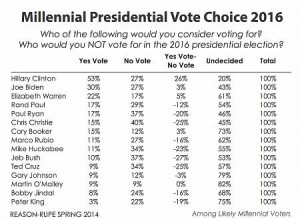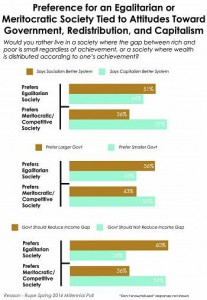Economics pushes many young adults to do without cars
December 25, 2014 Last updated: Thursday, December 25, 2014, 1:21 AM
By JANET MOORE
STAR TRIBUNE |
Wire Service
MINNEAPOLIS — Consider Jake Gau a multimodal millennial.
On chillier mornings, the 25-year-old rehabilitation aide hops on the No. 30 bus in northeast Minneapolis bound for his job at the Courage Kenny Rehabilitation Institute in Golden Valley. On warmer days, he pedals his mountain bike westward to work.
Missing from his array of transportation options: a car. And that’s just fine with him.
Much of the millennial generation — roughly 77 million Americans born between 1983 and 2000 — is decidedly lukewarm when it comes to Americans’ century-long love affair with the automobile. They appear to prefer biking, walking, taking mass transit and sharing cars, exhibiting behavior that could have a profound effect on transportation and land-use policies for years to come.
“Transportation policy tends to be a generation behind. We’re still trying to build our grandfather’s interstate highway system,” said Phineas Baxandall, a senior analyst with the consumer group U.S. PIRG. Policymakers should not only accommodate Gen Y’s desire to drive less, but encourage it, he said.
“We’ve spent a number of years talking about millennials and how they have different sensibilities when it comes to transportation,” said Minnesota state Sen. Scott Dibble, chairman of the Senate Transportation Committee. “Now we have to respond with policy.”
https://www.northjersey.com/news/business/debt-laden-millennials-shun-cars-1.1179842















